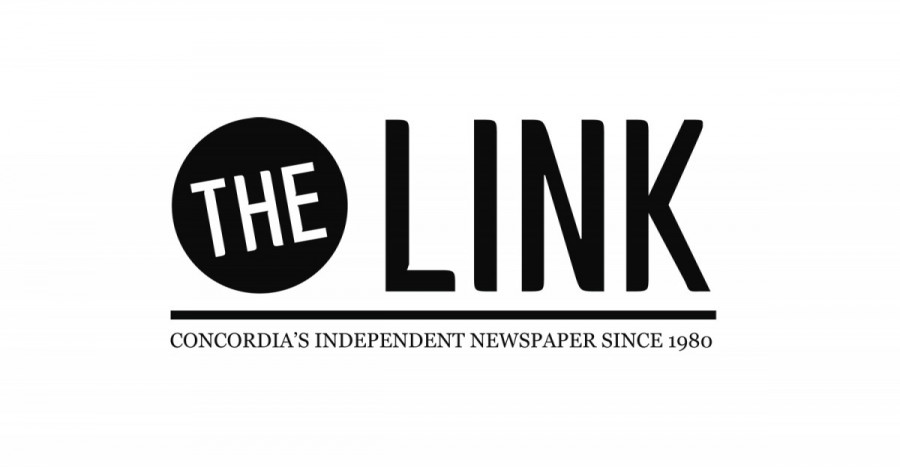A View From the Summit
Government Proposes Annual Tuition Increase of 3%
As the Summit on Higher Education came to a close, Quebec Premier Pauline Marois concluded, “there are no losers here today.”
She did so, despite having earlier declared that her government would raise tuition fees—an announcement that attracted passionate objections from student union leaders and their allies.
The two-day long summit at the Arsenal art gallery was presented by Higher Education Minister Pierre Duchesne yesterday as a “new beginning” for relations amongst the province’s university community.
The process preceding the much-awaited summit—initially proposed in the summer of 2011—was a culmination of several months of meetings involving deliberations amongst invited parties.
Since its inception, the summit has been touted by Marois as being a solution to the student crisis during the 2012 provincial elections.
But, as the second and final day of the summit wrapped up, the Parti Québécois government stood by its proposal—officially announced yesterday—to increase tuition fees by three per cent. The increase was suggested on the basis of indexation relative to annual growth in parents’ disposable income.
To make the bitter pill of a tuition hike more palatable to post-secondary students, the government repeated its pledge to invest in higher education over the next seven years, and also promised to hold working groups on different matters of concern to university students, including ancillary fees.
“We are very disappointed, but we’re not leaving empty-handed,” said Martine Desjardins, president of the Fédération étudiante universitaire du Québec, speaking after the summit alongside Elaine Laberge, leader of the Fédération étudiante collégiale du Québec.
In terms of positive takeaways from the summit, Desjardins cited the government’s plan to invest more in financial aid for university students and to create a Conseil national des universités, an advisory body that would oversee university development.
“Are we the big losers of this arrangement? I don’t think so,” Laberge added.
In the coming days, both student leaders said they would consult with members of their respective groups before deciding what to do next. For now, taking to the streets like last year isn’t likely for the student federations.
“No, we’re not going back to the streets right now. We don’t have a mandate in that direction,” said Desjardins.
She and Laberge said the FEUQ and FECQ would opt to play a very active role in the working groups on higher education scheduled between this summer and spring 2014.
“We are very disappointed, but we’re not leaving empty-handed.”
—Martine Desjardins, FEUQ President
While post-secondary student representatives at the summit opposed the tuition increase, other participants suggested that a three per cent hike was too little to compensate for years of university underfunding.
After the first day of the summit, Heather Munroe-Blum, principal of McGill University and spokesperson for the Conference of Rectors and Principals of Quebec Universities told The Link that, “The question is: given 10 years of university underfinancing and then cuts of close to a billion dollars in the system, can we afford to move as slowly as what is being put on the table?”
As for the government’s plan to invest $1.7 billion in higher education over the next seven years, Blum says it is “way out, and it ignores the current underfunding quite dramatically.”
On the question of the tuition hike, which dominated most of the discussion at the summit, the CREPUQ found itself, to varying degrees, in agreement with the Quebec Chamber of Commerce, the Coalition Avenir du Québec and financial lobby group the Conseil du patronat du Québec.
On the other hand, student groups, the Confederation des syndicats nationaux and Québec Solidaire all opposed the tuition increase.
Months ago, the first thematic meeting leading up to the summit ended with a loose consensus favouring the creation of a council to oversee university management. But, at subsequent meetings, other issues—like tuition— proved much more divisive.
At the time, rectors cried out against what they saw as the gross underfinancing of their institutions, while students posited that the mismanagement of university finances was a bigger issue.
Gradually, deep divisions between the once-united FEUQ and ASSÉ became apparent.
On Tuesday Marois and Duchesne repeatedly portrayed indexation as a necessary evil to avoid two possible crises—one of university underfunding and decline, and another of renewed student protest.
Marois urged participants to approach the highly charged questions surrounding post-secondary education with openness and in a spirit of compromise.
In December, the provincial government announced cuts of $124 million to university operating budgets, adding extra strain to talks.
These cuts, which were accompanied by cuts to research funds, saw university administrations scramble to make up large holes in their budgets in the space of just a few months.
At Concordia, these cuts amount to $13.2 million and will cause the university to run its first major deficit since 2004.
“Indexation based on growth in disposable income is a reasonable and just solution that stabilizes finances,” Marois said in her closing address.
“Now we must go back to work and move on to the next stage.”
If there were no losers at the summit, as Marois put it, each participant’s reactions to the wide-ranging discussions of the previous day-and-a-half show that there are probably no clear winners either.
Read our interactive timeline on the history of higher education in Quebec.



(WEB)_600_375_90_s_c1.jpg)
web_600_375_90_s_c1.jpg)
_2_600_375_90_s_c1.jpg)
